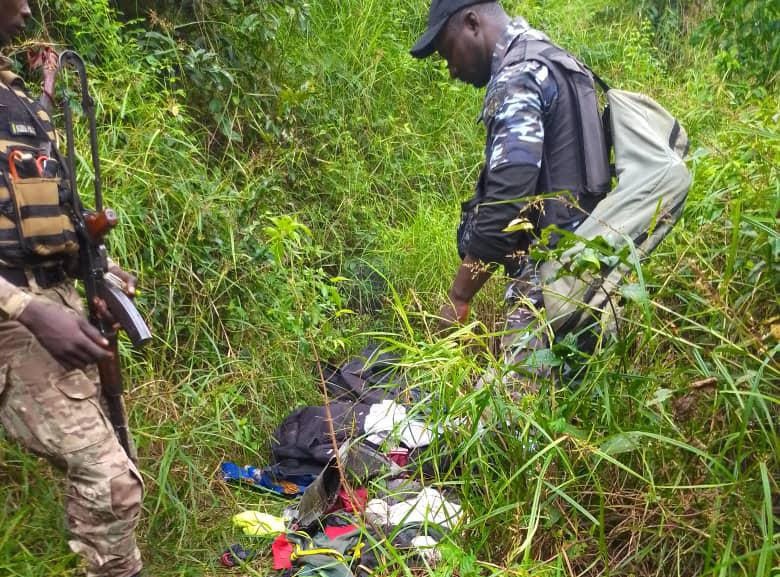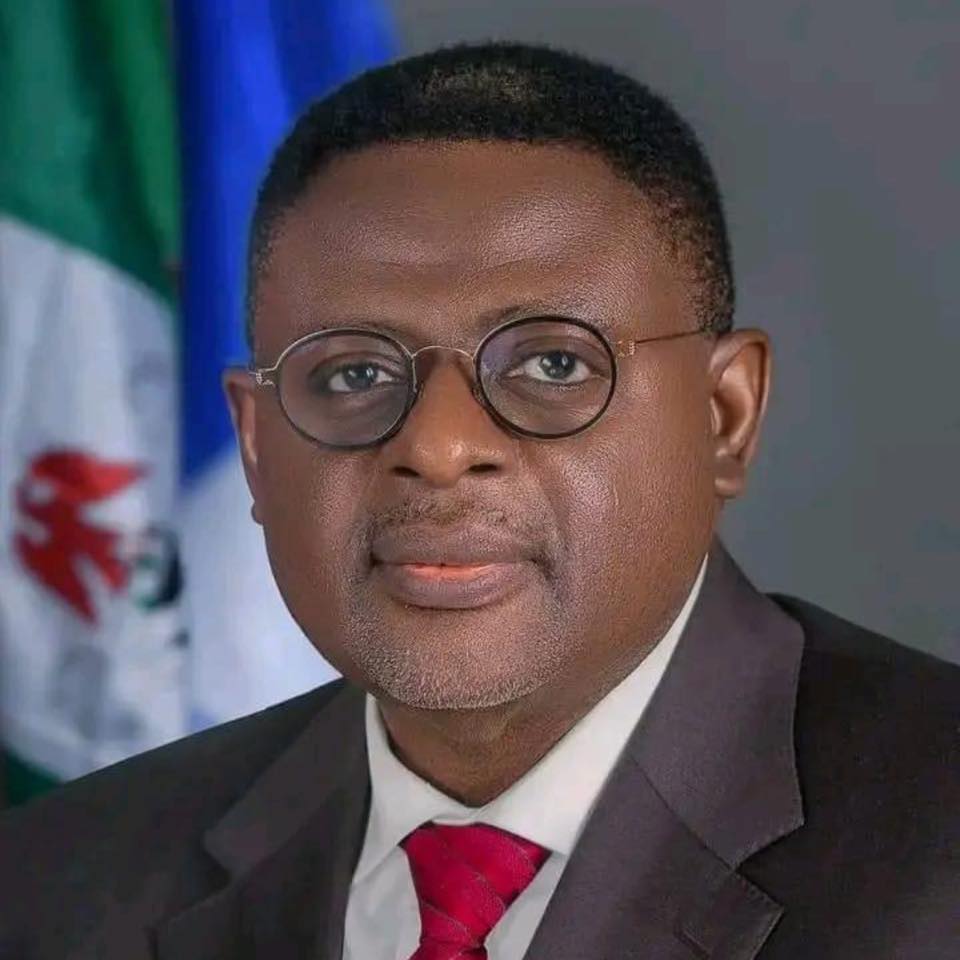The Managing Director of the Rural Electrification Agency, Abba Aliyu, has revealed that the agency has a funding pipeline of close to $1.6 billion to drive renewable energy projects across Nigeria.
Aliyu made this declaration during the agency’s state-by-state roundtable engagement with Ondo State Governor, Lucky Ayedatiwa, on Tuesday in Abuja.
The event was themed, “From Access To Impact: Unlocking Ondo’s Renewable Energy Potential For Economic Transformation And Socioeconomic Inclusion.
According to him, the funds, sourced through a blend of public-private partnerships, multilateral institutions, and climate finance windows, are expected to accelerate the deployment of solar mini-grids, standalone systems, and other clean energy infrastructure, particularly in underserved and off-grid communities.
Aliyu said, “At the REA, we currently have a funding pipeline of close to $1.6bn that we are pursuing to crystallise. We are expecting funding of $200m from the Japan International Cooperation Agency, which we have reached the final stage of.
“In fact, we expect the Minister of Power to be in Japan next month for the final signing of that funding. We are also expecting another funding of about $50 million of repatriated funds with the Department of Justice in the United States of America. They have seen, based on our program and project implementation, that they will allocate that funding for us.
“Also, in the capital budget alone, we have close to half N500bn in our budget, of which N100bn was earmarked for national public sector solarisation. We have designed a program that we developed over time. Through the program, we will energise 25 communities in the entire state, and we are expecting funding of close to $500 million or so for that particular project. So we have the funding and we are ready to partner with states to drive renewable energy projects.
“We have the technical knowledge, technical ability, and resources to crystallise private funding.”
Aliyu also highlighted the role of Renewable Energy Service Companies in deploying renewable energy infrastructure across the country.
He noted that these companies have developed competencies in raising debt and equity, managing infrastructure, and community engagement.
“The essence of this roundtable is to support some of these things that you have already started. We have Renewable Energy Service Companies that have developed competencies in deploying renewable infrastructure across the country. They go to the hardest-to-reach areas to deploy this infrastructure.
“These RESCOS have done over $2bn in deploying infrastructure across the country. They have the technical knowledge and ability to crystallise private funding and have developed competency and technical knowledge in community engagement, engaging with the community, sensitising the community, making the community understand the need for this infrastructure and getting them to take ownership of this infrastructure.”
The REA boss discussed the state readiness level of different states, including Ondo. He noted that the state has scored four out of five in policy capacity readiness but needs to improve in funding and data readiness.
“With the Electricity Act, the federal government has handed over or given responsibility to the States. So we did a level of state readiness to tell the state that this is what has been handed over to you based on just five parameters.
“And we just looked at key areas that are there. Policy capacity readiness, funding and investment, infrastructure, and data readiness. These are the appetite for the private sector to come to the state that’s required. We want to address funding and data for you while you address policy and capacity building,” Aliyu said.
Aliyu expressed the agency’s National Electrification Strategy and Implementation Plan, which aims to provide a pathway for each state to achieve electrification.
He noted that the agency has identified 119 million people without access to electricity and 22 million households that require electrification.
“We are committed to delivering electricity access to all Nigerians, we’ll work with states to achieve this goal,” he said.
Aliyu further emphasised that Ondo State stands to benefit significantly from the agency’s plans.
He noted that the state has communities without access to electricity and others that desperately need a reliable supply.
“We want to work with the state government to address these challenges and provide electricity access to all,” Aliyu said.
Meanwhile, the Ondo State Government had signed a Memorandum of Understanding with the Electrification Agency in a move aimed at deepening energy access and driving economic transformation through sustainable power solutions.
Speaking at the event, the Ondo State Governor described the MoU as a “significant milestone” that would unlock strategic partnerships and catalyse electrification across underserved communities in the state.
He said the collaboration aligns with the state’s broader vision of inclusive development, improved power supply, and economic growth driven by clean energy.
“Let me first welcome the Rural Electrification Agency and its partners for this timely and strategic dialogue, which aligns perfectly with Ondo State’s bold vision for energy access, economic growth, and inclusive development,” Aiyedatiwa said.
“This MoU is not just symbolic. It is catalytic. It signals a commitment to co-create solutions, scale investments and institutionalise progress,” he added.
The governor disclosed that the state had already taken major policy and legislative steps to improve its electricity landscape. He cited the enactment of the Ondo State Electric Power Sector Law in 2020 as a turning point in the journey towards energy reform.
“This landmark legislation established the legal basis for the development, regulation and integration of electricity markets within the state. As a result, Ondo has deployed more operational mini-grid projects than any other sub-national jurisdiction in Nigeria,” he stated.
According to him, the success recorded so far was not accidental but “the result of deliberate policy, regulatory innovation and a strong political will to prioritise energy access.”
He said one of the most strategic outcomes of the law was the creation of the Ondo State Electricity Regulatory Bureau, an independent body designed to regulate electricity within the state and align with federal institutions such as REA.
Aiyedatiwa revealed that the state had also established a state-level Rural Electrification Agency, fully backed by law and structured to mirror its federal counterpart in operations and objectives.
“This agency ensures that local electrification needs are addressed with speed, contextual relevance, and strategic collaboration. It is the implementation arm of our energy access priorities, ensuring a seamless handshake with national frameworks like the National Electrification Strategy and Implementation Plan,” he noted.
The governor emphasised that Ondo had emerged as a preferred destination for renewable energy investments due to its clear regulatory framework, fast-track permitting processes, and fiscal incentives aimed at de-risking investments.
“Ondo offers fast-track permitting processes and targeted fiscal incentives that reduce investment risks and accelerate project delivery. Developers have found Ondo to be a dependable partner in lighting up rural and underserved communities, and we are committed to doing more,” he said.
He said the state’s electricity roadmap was designed to power agri-processing clusters, healthcare centres, educational institutions, digital infrastructure, and SMEs, especially in rural and forested zones such as Golo, Nduru, Idowe, Oro, and Akoko.
Aiyedatiwa also urged the REA and its private partners to consider making Ondo State a hub for renewable energy manufacturing and innovation.
“I want to address that plea to the MD/CEO of the REA, to consider Ondo State as one of the manufacturing hubs. This vision is anchored in sustainability, inclusion, and resilience,” he added.
On the state’s technological advancement, the governor said his administration was already deploying smart meters and exploring data-driven energy management systems to ensure long-term impact.
“Beyond infrastructure, we are exploring advanced options for energy storage, smart metering, which we’ve already deployed, and data-driven energy management to ensure that our every investment translates into long-term impact,” he added.
He concluded by commending the REA and private sector partners for their commitment, stressing that the partnership must serve as a launchpad for job creation, innovation, equity and sustainable prosperity.




